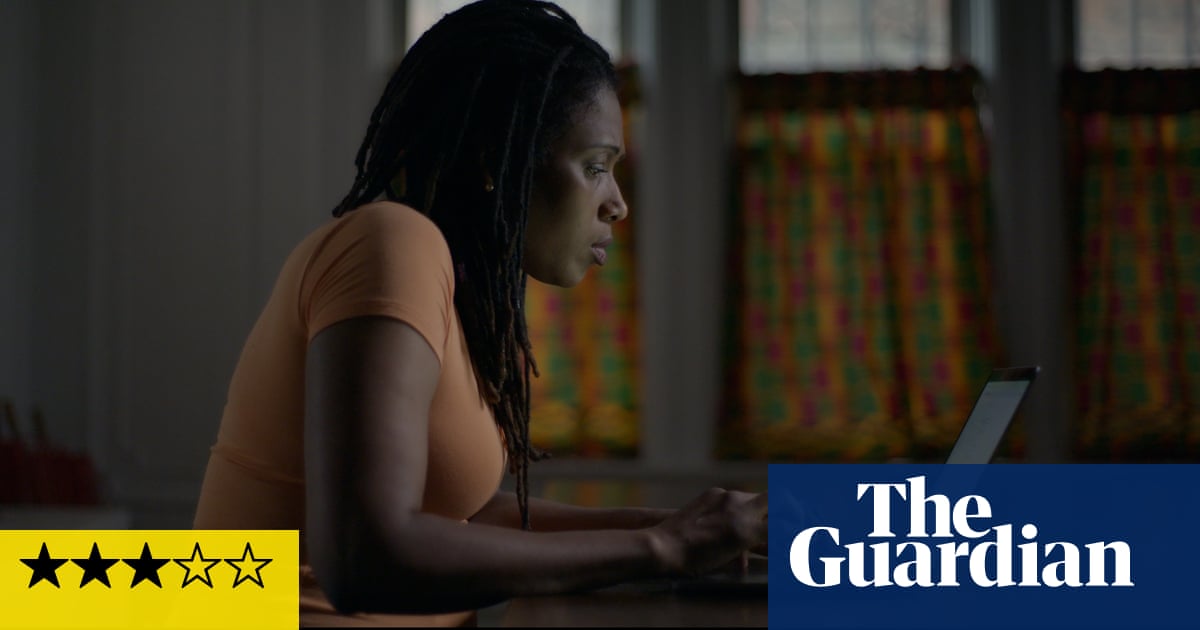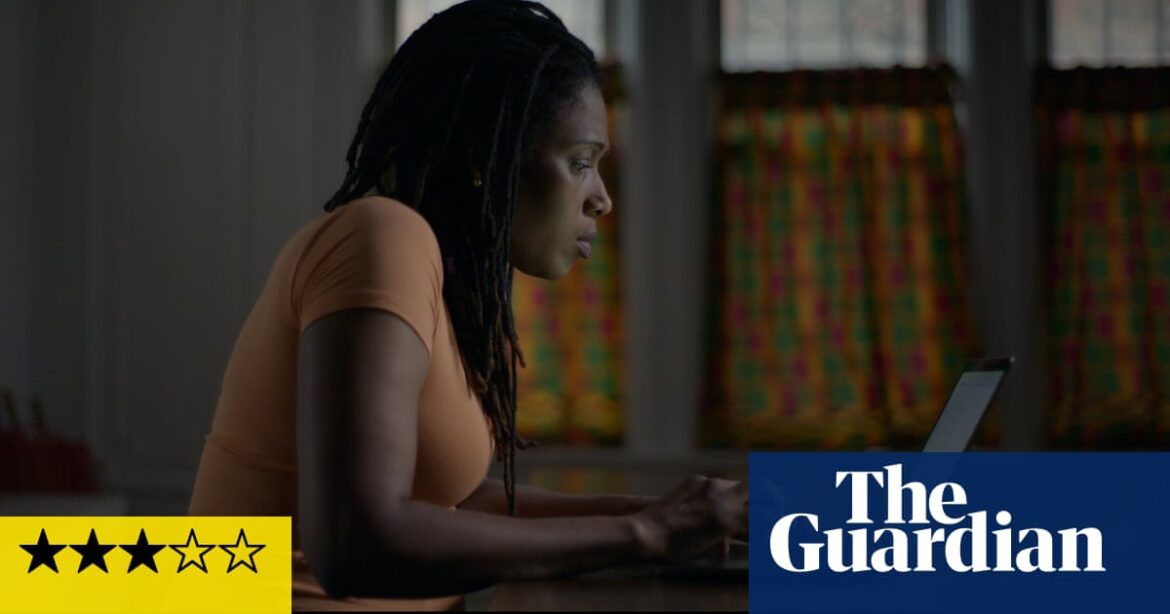
In the future, it’s possible that you won’t have to die. You’ll simply upload yourself. Or download a deceased loved one. In fact, some of this stuff isn’t even in the future; AI griefbots are already imitating the dead. Canadian writer Joshua Barbeau, devastated after the death of girlfriend Jessica, brought her back virtually using the website Project December. He uploaded some of Jessica’s texts to give an impression of her messaging style, and the results were uncanny. His first text conversation with simulation Jessica lasted all night; when he woke up with his head next to his laptop, she was waiting for his reply. It was like a weight had been lifted, he says.
Directed by Hans Block and Moritz Riesewieck, this intelligent, insightful, documentary looks into the digital afterlife industry, with an A-team lineup of expert contributors. Technology critic Sara M Watson explains how it all works, using large language models that trawl through everything anyone has ever written about something and filter that through how your deceased loved one talked about it. MIT sociologist Sherry Turkle ponders the implications: do griefbots offer a new death ritual or avoid the grieving process by pretending the dead are still with us?
Meanwhile people are using digital afterlife services, and the results can be disturbing. When one woman messaged a simulation of her boyfriend, and asked him where he was, the reply was “in hell”. The saddest story here is a mother in Korea grieving her seven-year-old daughter; the woman appears on a TV show to meet a virtual reality simulation of daughter: it’s heartbreaking and unnerving. As Turkle comments: “Very quickly we won’t see this as creepy. Very quickly we may see this as comfort. But really what is it that we are we doing to ourselves when we accept this comfort?”
Source: theguardian.com



